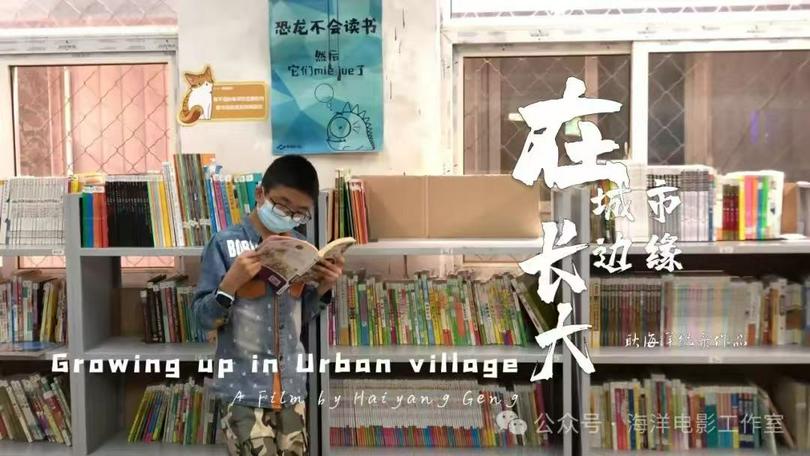On November 16, the awards ceremony for the Fifth Golden Rooster Huawei Xmage Mobile Short Film Project took place in Xiamen. Independent documentary filmmaker Geng Haiyang, who is a Christian, received the Best Documentary Award for his work, Growing Up in Urban Village.
The 25-minute film Growing Up in Urban Village reveals the challenges of further education faced by the students of migrant children's schools in first-tier cities.
The film's protagonist, Yan Tingbin, is a junior high school student who moved to Beijing with his father at seven and grew up attending a school for migrant workers' children. Later, his father relocated to Shanghai for work, and Yan plans to enroll in a technical secondary school there after graduation. Similarly, several of his classmates face decisions about graduation and school selection, with some planning to return to their hometowns and others opting for a rural school in Fangshan District that offers free tuition.
At 15 or 16 years old, Yan, one of the shorter students in his class, demonstrated wisdom higher than his years. He remarked that regardless of whether one graduates from college or graduate school, they will still be laborers. Yan felt that the knowledge taught in school was detached from real life and expressed a desire to enter society by 19 or 20. He aspired, "No matter how good my life or job becomes, I will be neither conceited nor rash."
He said, "In my view, this is just a village with a Beijing sign. I feel that Beijing's modernization has no connection to me." Teachers noted that some students have limited experiences and have not engaged with the city of Beijing. For instance, students interested in astronomy are unaware of the existence of the planetarium in the city. These observations resonate deeply with Growing Up in Urban Village, the film's title.
The film's director, Geng Haiyang, shared that he has been concerned about the educational challenges faced by these children for over a decade. Upon meeting Yan in an urban village in Beijing, he spent about half a year documenting Yan's story using his mobile phone, followed by several months of editing. Thereby, the documentary Growing Up on the Edge of the City was born.
He explained that the high barriers to settlement and the limited supply of educational opportunities make it difficult for migrant children to access equal education rights in the local schools, which is the institutional root of the left-behind children issue. The experience of being left behind has a lasting and negative impact on them. While the situation has improved today, there is still a need for more public welfare organizations to collaborate in addressing the problem of left-behind children.
At the award ceremony, Geng Haiyang also shared his continued dedication, highlighting that he is still filming, reaching out to urban villages in Xiamen and across the country "to share the stories of those living in marginalized corners through images."
When asked whether shooting public welfare images of marginalized people can truly change their fate, he responded with the affirmation that "If we don't film, it will be hard to make a difference. Our job is to make them visible. My work can be summed up in five words: discovery, recording, dissemination, action, and change."
- Edited and translated by Poppy Chan












